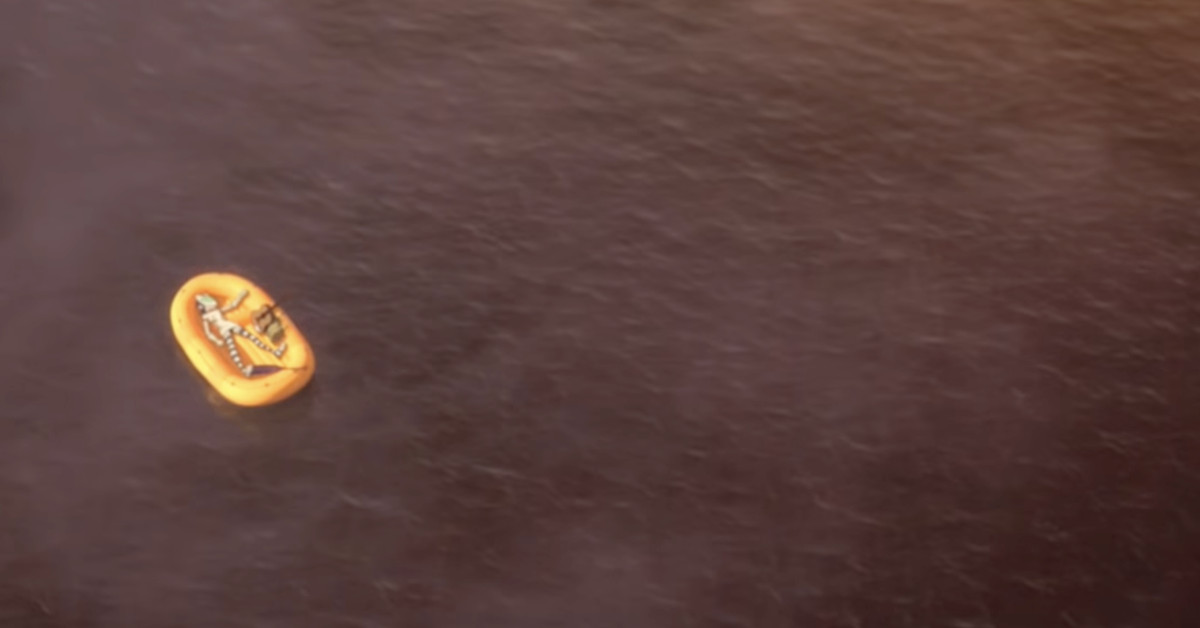
Virtual band Gorillaz’s debut album is turning 20 years old today (a fact I’m going to try to immediately forget), and in celebration the group will be carrying out the usual anniversary celebrations: re-releasing albums, selling new merch and, according to NME, selling NFTs.
This news has Broken me.
At this point, it’s pretty clear that NFTs are a thorny environmental issue — while it can be hard to calculate exactly how bad they are in terms of carbon emissions, the picture is not looking good. In general, upon seeing the torrent of NFT news, it’s been easy to needle people about participating in a marketplace that is doing actual damage to the world: “Okay, Brand, hope this marketing stunt was worth setting the Earth on fire?” Turns out it’s not as fun when someone you actually like is doing it, especially if that artist has previously made an entire album about ecological destruction.
I don’t want to come off like I’m trying to cancel Gorillaz, or say it’s bad for artists to make money. Artists should absolutely be paid more for their work, and I’m all for them trying to come up with new things to sell to fans willing to pay. But NFTs come with a cost that’s hard to justify, and seeing a band I like seemingly ignore that has left me sitting on a Melancholy Hill. And I’m not All Alone — there have been plenty of other fans voicing their disappointment on Twitter. It probably doesn’t help that their ecological album was called Plastic Beach, and they’re reportedly working with a company called Superplastic to sell the NFTs. Life comes at you fast.
If you’re an artist, here’s a Song 2 repeat:
The NFT market has grown,
As eight-figure auctions have shown.
The overall price is
A worse climate crisis
For art you pretend that you own.— Limericking (@Limericking) March 15, 2021
https://www.theverge.com/2021/3/26/22353219/gorrilaz-artist-nft-release-environmental-concerns

